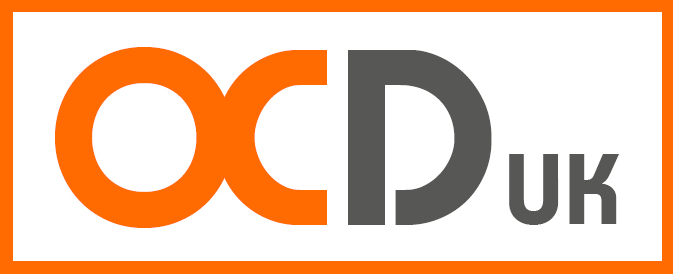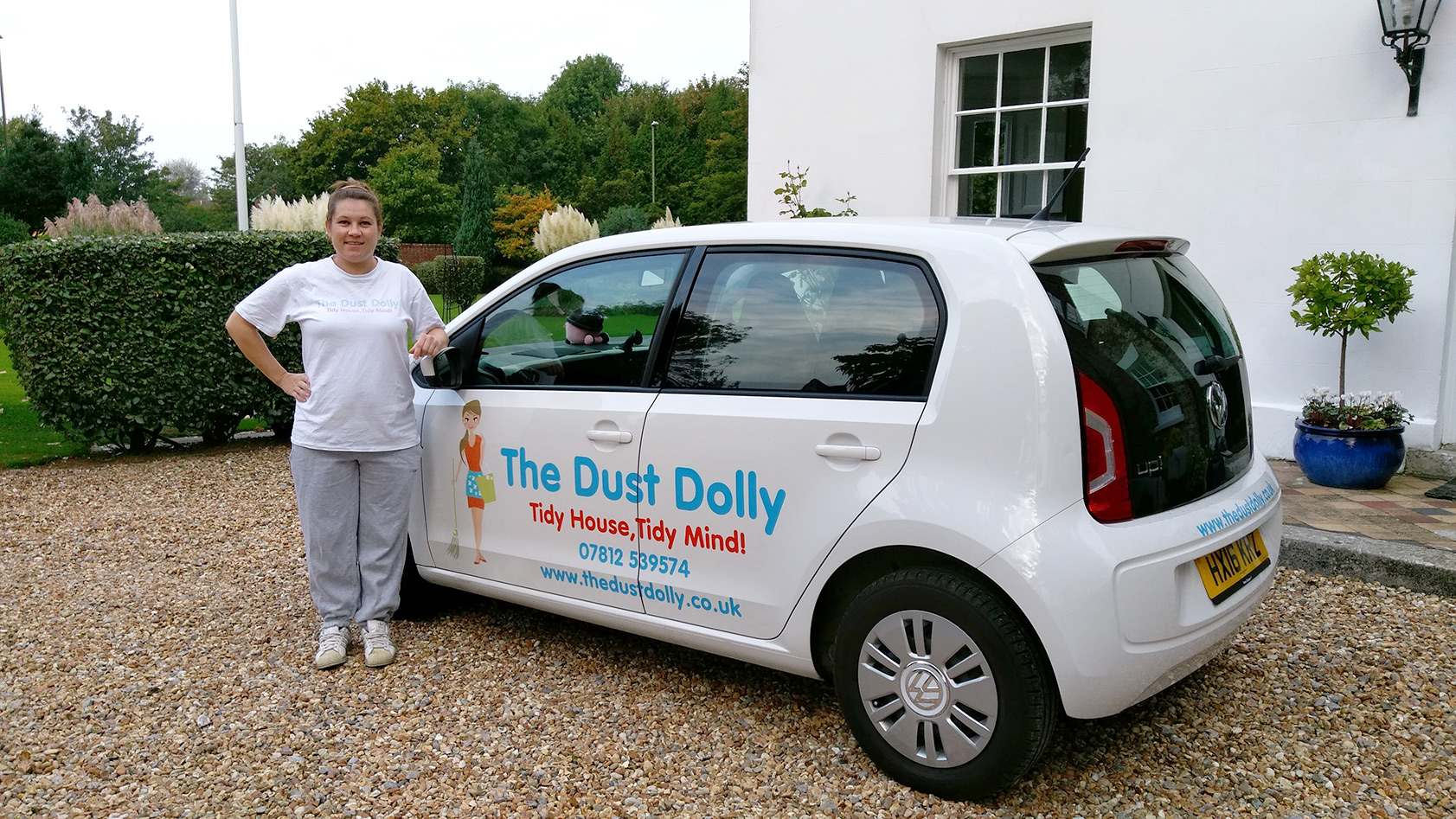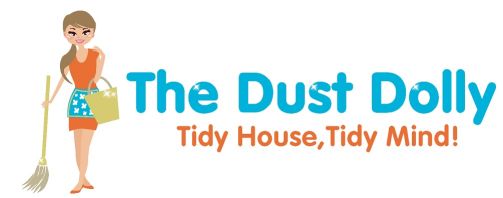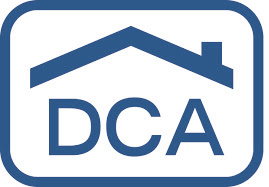The chances are that anyone reading our website will have heard of the condition known as Obsessive Compulsive Disorder, known as ‘OCD’ for short.
 Within society, OCD has -for many years- been widely associated with cleaning. Yet, in reality, the link between OCD and cleaning is not as great as we might think. OCD-UK is a charity who support children and adults affected by Obsessive Compulsive Disorder. In a statement released to the Domestic Cleaning Alliance in 2015, they told us the following:
Within society, OCD has -for many years- been widely associated with cleaning. Yet, in reality, the link between OCD and cleaning is not as great as we might think. OCD-UK is a charity who support children and adults affected by Obsessive Compulsive Disorder. In a statement released to the Domestic Cleaning Alliance in 2015, they told us the following:
“Obsessive-Compulsive Disorder is often trivialised, and the false misconception that OCD is just about cleaning and being tidy as a personality choice simply adds to the misrepresentation about what OCD is. OCD takes many forms, and even for those with contamination fears, many do not like cleaning”.
“In fact over 75% of people that suffer with OCD do not have cleaning compulsions. The compulsions are not a choice and for someone with OCD the compulsions are carried out against their desire, usually out of fear and in a state of anxiety.
Such false stereotypes can -and does- add to the stigma for those that suffer with Obsessive-Compulsive Disorder, and that is the key word, OCD is a ‘disorder’, an illness and not something to commercialised for profit"
Here at the DCA our stance on Obsessive Compulsive Disorder is quite clear: we recognise that OCD is not just about cleaning and moreover it’s not something to be joked about or made light of. We are doing all we can to help get this message across. None of our members have made any reference to OCD when choosing a name for their business, and we strongly & continually urge them to avoid mentioning OCD in their advertising and social media activities.
One of our members – Kelly Edney, owner of “The Dust Dolly” – is an OCD sufferer. She told us of her own experiences:
” ‘Oh, I’m a little bit OCD!’ – how many times have we heard someone say that, or something similar? This sort of comment on its own can bring laughter to many but also annoyance and pain for others. You see, I am OCD diagnosed and when I hear these statements it really frustrates me as one person’s innocent mocking is pure ignorance to another. In business, I get so annoyed when I see companies playing what I call the ‘OCD card’. Of course, I suspect nothing is meant by it, but never the less it is ignorant and is seen by many sufferers as potentially cashing in on another person’s misery”.

“OCD has many shapes and forms. From germ phobias to the traditional checking syndrome, many sufferers do so in silence, hiding their symptoms from close family and friends to cover the secret life changing issues they face on a daily basis. OCD really is a game changer; it controls the person to a point where some sufferers can’t leave the house or do normal daily things due to the overpowering effects that take hold. Unfortunately, at the time of writing, very little is understood about this disorder and shared in the media, which makes people’s perception very different from the reality which sufferers deal with.
My own OCD is germ based. I have always been tidy, always wanting my house to be like a show-home, with a place for everything & everything in it’s place, but after I had my first child in 2009, my life changed considerably. With a little help from some undiagnosed post-natal depression, my OCD slowly went through the roof. Germs have been my biggest battle to date – and, as I love cleaning, when a friend said channel the issue by starting a cleaning business, I thought to myself ‘this is it Kelly, this will be a win-win situation and could help with the germ-related issues’.
 At this point I still hadn’t been diagnosed with OCD, and when the Dust Dolly opened for business, I thought life was good. Looking back, it actually made things worse, as until you recognise you have the issue the issue can’t be dealt with. Six more years passed before I finally acknowledged that on my own I wasn’t going to win this battle – I needed help. And not just help for me but for my wonderful partner Paul who -despite the daily chaos he has to endure- has always stood by me. He’s even changed his own thinking to allow for mine, as has my beautiful daughter Lily who knows that even on a good day her her mummy is ‘a little nuts’, whilst the OCD mummy can be ‘quite annoying’ as she puts it!
At this point I still hadn’t been diagnosed with OCD, and when the Dust Dolly opened for business, I thought life was good. Looking back, it actually made things worse, as until you recognise you have the issue the issue can’t be dealt with. Six more years passed before I finally acknowledged that on my own I wasn’t going to win this battle – I needed help. And not just help for me but for my wonderful partner Paul who -despite the daily chaos he has to endure- has always stood by me. He’s even changed his own thinking to allow for mine, as has my beautiful daughter Lily who knows that even on a good day her her mummy is ‘a little nuts’, whilst the OCD mummy can be ‘quite annoying’ as she puts it!
One thing which I think has helped me is -where appropriate- being able to quietly share what I go through and be honest with people about it, rather than scream and shout from the roof tops that I am an OCD sufferer or, at the other end of scale, tell no one at all. Despite the fact we now have the internet and ‘social-media’ at our disposal, I believe there is still a stigma attached to talking openly about OCD. Whether we choose to admit to it or not, we have a long way to go, but I believe also that things are changing. The next generation seem to know how to talk about things like OCD, and, in turn, when existing sufferers see this, they can sense that a change in attitudes is coming.
The result of this is we can finally talk freely about our mental health, and hopefully at the same time society is learning about what can be done to help, rather than making a joke of it. If you know someone who seems to be showing signs of OCD, I urge you to support them. Talk to them about it and find out what you can do to help them on this difficult journey.
For now, I continue to see my counsellor, and I am constantly looking for ways to share my experiences & raise awareness of OCD so that everyone can gain a better understanding of the condition. In time I hope to see a reduction in the ignorance and stigma which surrounds those three little letters. I am so happy that the DCA is helping to promote greater awareness of what OCD is really like and how the link to cleaning is not what so many people believe it to be. I am delighted to have been asked to speak of my experiences in order for them to be able to do this”.
